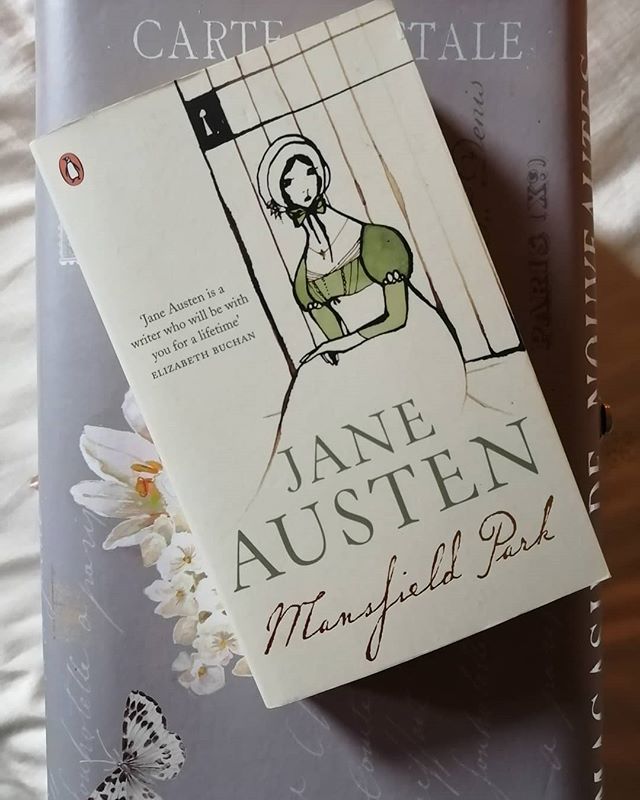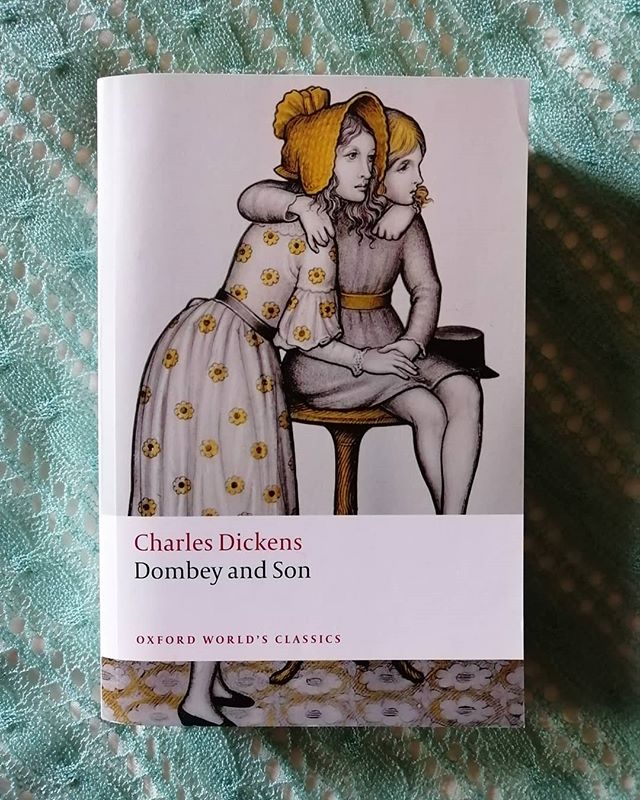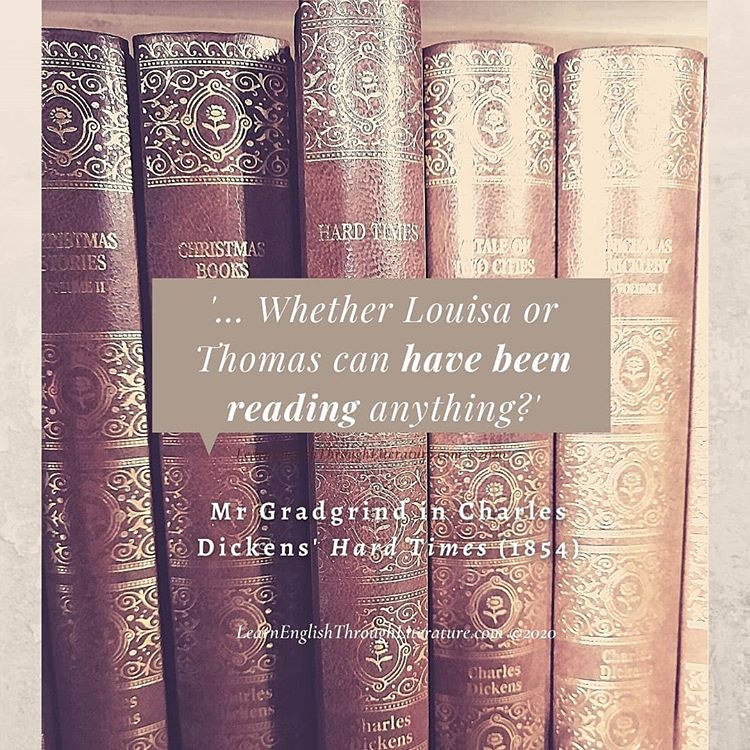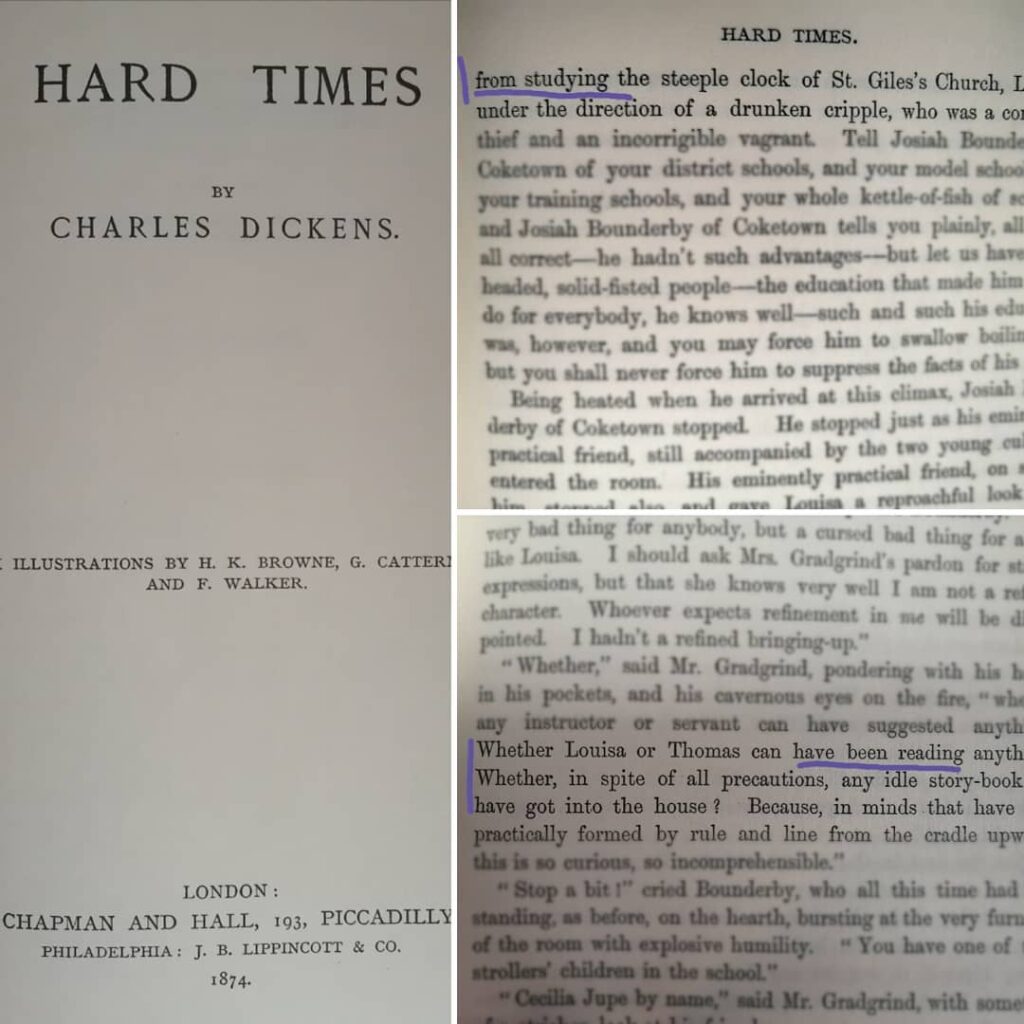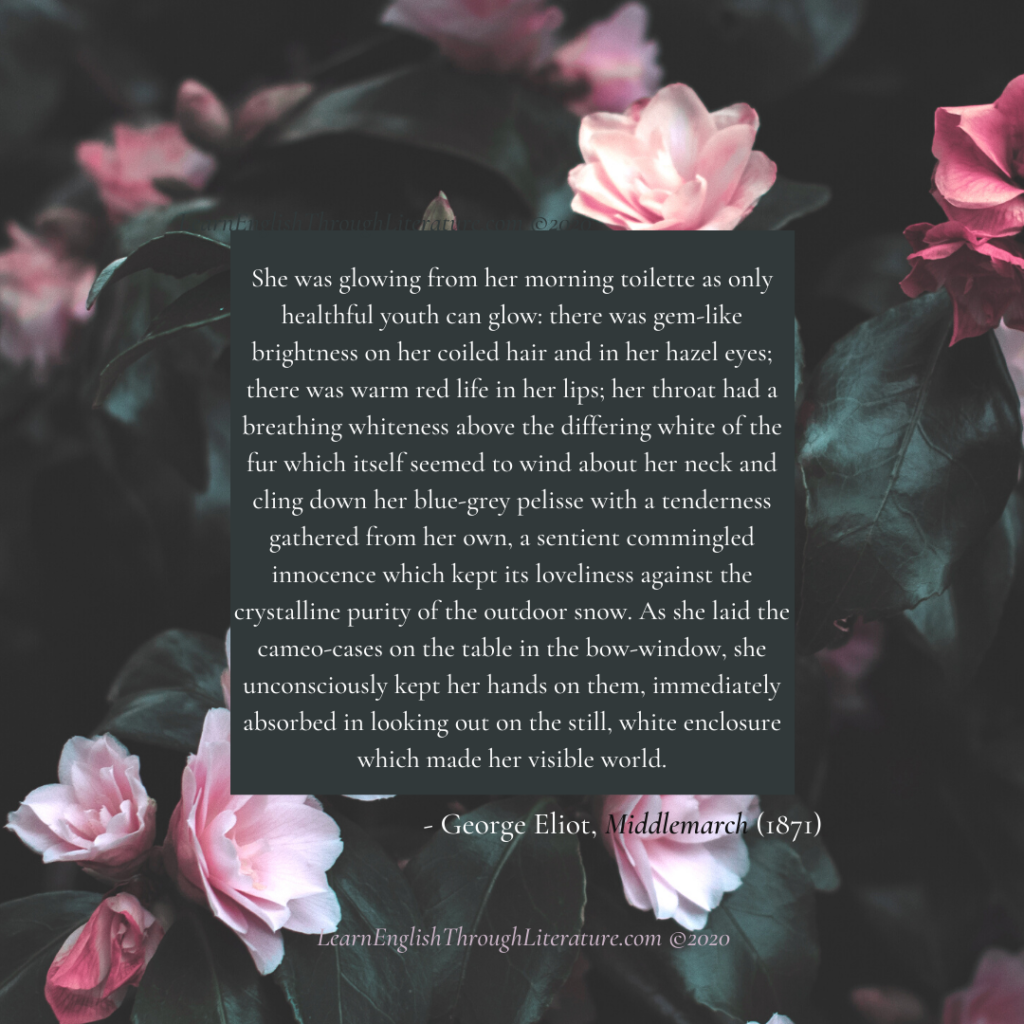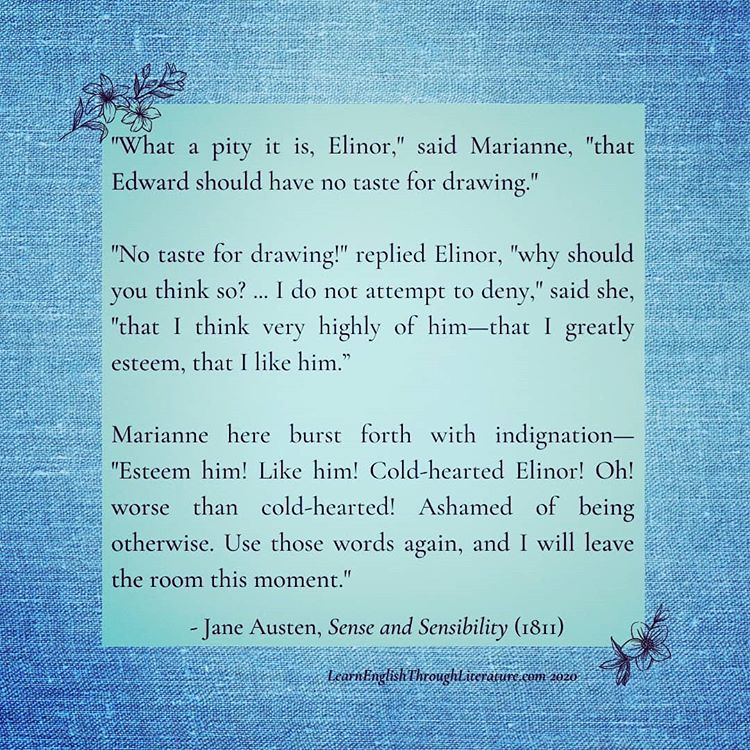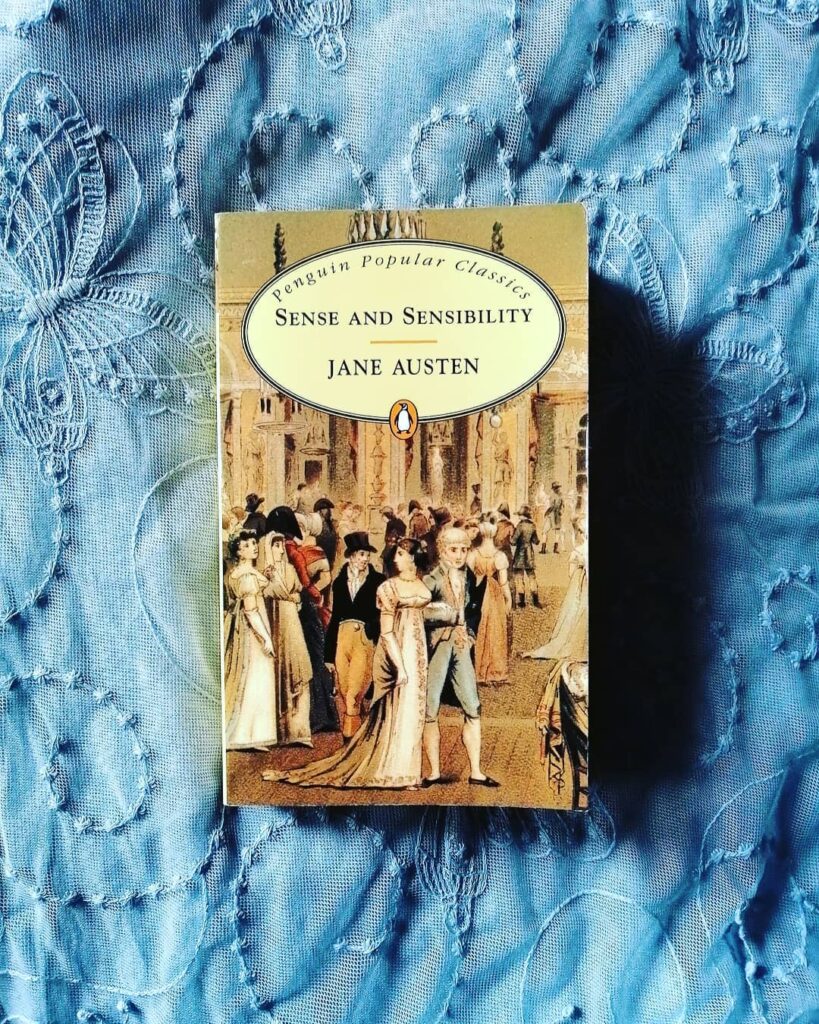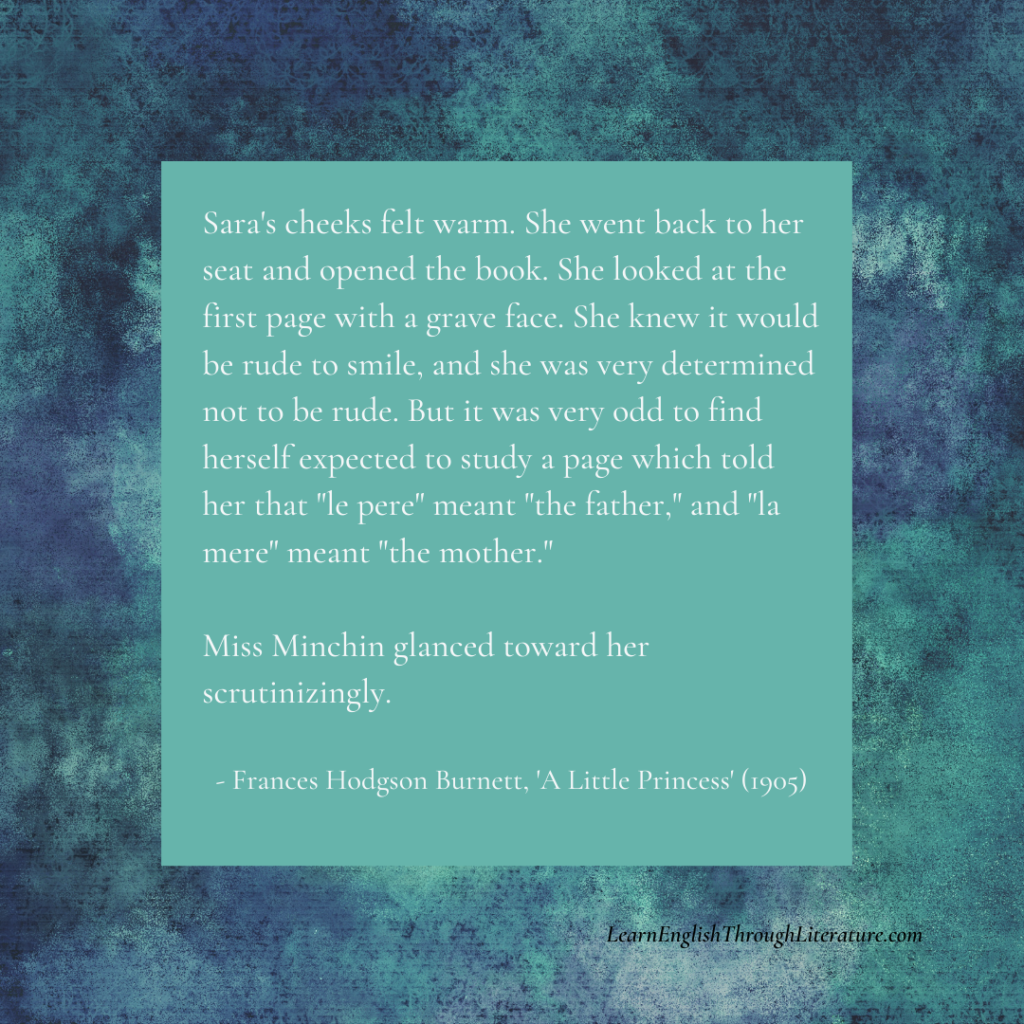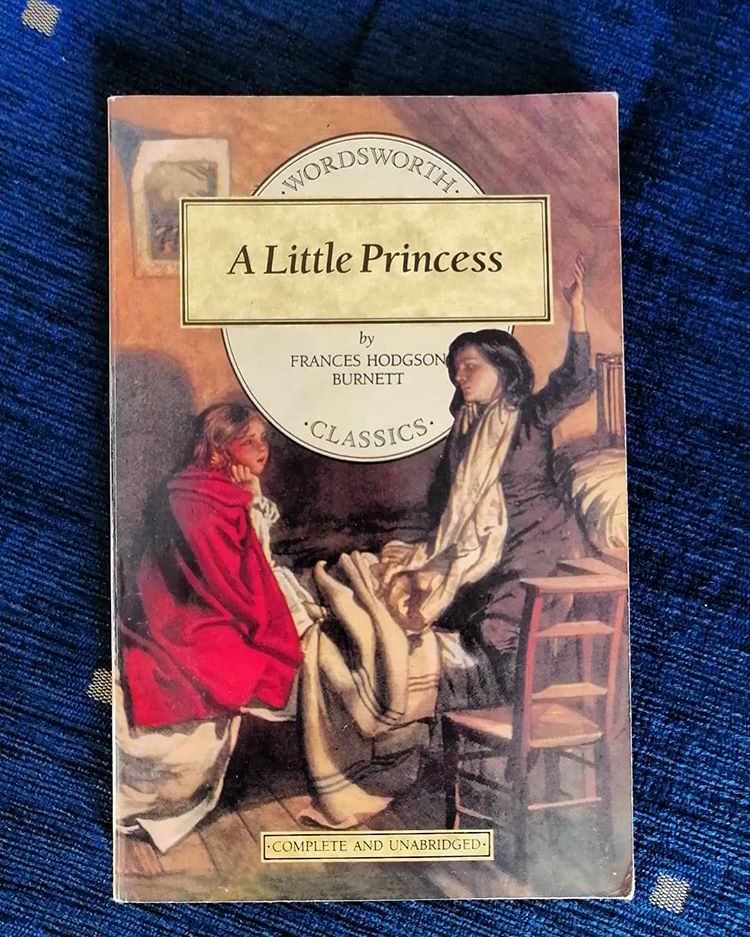Lesson #129: The Oxford Or Serial Comma (And When It Should Be Used)
Do you ever wonder, when you are writing a series of items, whether or not you are using commas in the correct manner? In the past, I also used to be unsure about this serial comma, also known as the ‘Oxford comma’ because of its widespread use by the Oxford University Press. Today I will […]
Lesson #129: The Oxford Or Serial Comma (And When It Should Be Used) Read More »

